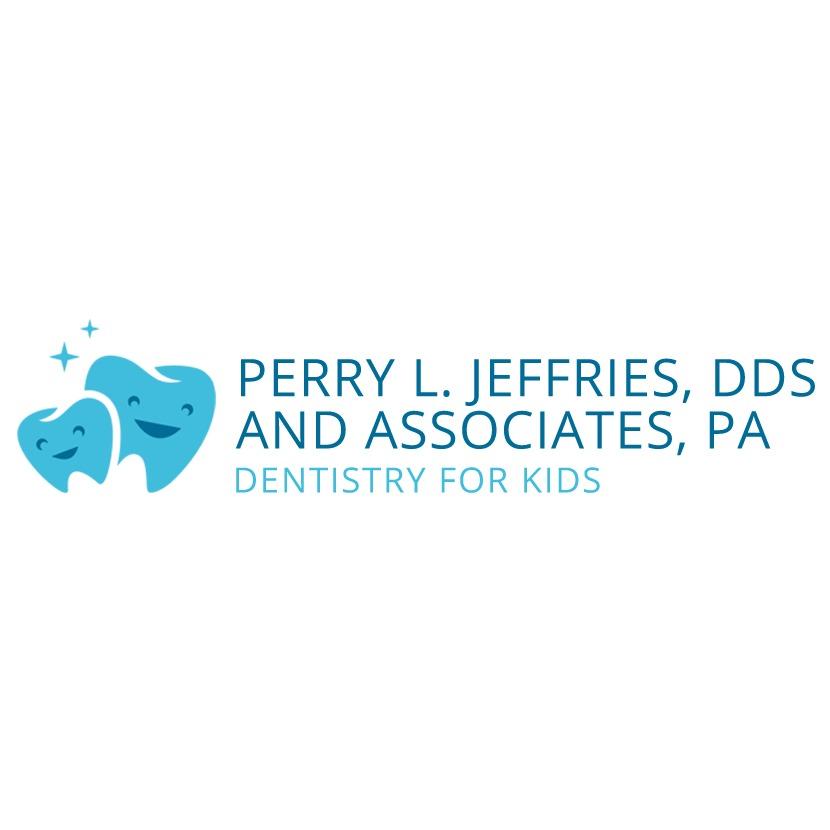What you need to know about baby bottle tooth decay: | pedodoctor.com https://www.mouthhealthy.org/en/az-topics/b/baby-bottle-tooth-decay
In teenagers 14 to 17 years of age, tooth decay is four times more common than asthma. | pedodoctor.com
Referred to as "wisdom teeth," the third molars often begin to erupt between the ages of 17 to 21 years (a time of life known as the "Age of Wisdom"). | pedodoctor.com
While thumb sucking can be soothing for babies and toddlers, a continuing finger habit in school-age children can affect their bite and jaw structure. | pedodoctor.com
Practicing excellent oral hygiene habits should begin even before your baby's first teeth erupt. | pedodoctor.com https://www.babycenter.com/0_how-to-care-for-your-babys-gums-and-emerging-teeth_126.bc
Until children are about 6 years old, they lack the dexterity to do a thorough job brushing their teeth. Adult supervision and extra support as needed is always a good idea. | pedodoctor.com
One key to avoiding setbacks during the academic year is for children to begin school with a healthy smile! At the office of Perry L. Jeffries DDS and Associates PA - Durham, we can help your child's smile remain healthy and bright. | pedodoctor.com
In early twentieth-century America, the idea of a tooth fairy was born and the custom of recognizing the loss of a baby tooth still remains today. | pedodoctor.com
It is especially important for children to maintain a nutritious diet. It is essential for their overall development, including strong and healthy teeth. | pedodoctor.com
21 10 2020 Perry L. Jeffries DDS and Associates PA - Durham About 40 percent of 2 to 5 year olds have cavities. This is why taking your child to a pediatric dentist starting at an early age is so important. | pedodoctor.com
A guide to getting you and your child through teething: | pedodoctor.com https://www.goodhousekeeping.com/life/parenting/a28661336/when-do-babies-start-teething/
Here's a fun fact: There are more bacteria in your mouth than there are people on planet Earth! | pedodoctor.com
From the age of about six years up until the early teens, the baby teeth begin to loosen and fall out to make way for the permanent teeth. The first to fall out are typically the lower two front ones. | pedodoctor.com
Remember to use separate spoons! By sharing an eating utensil with your child, you can inadvertently transfer germs including cavity-causing bacteria to them. | pedodoctor.com
Both the American Academy of Pediatric Dentistry (AAPD) and the American Academy of Pediatrics recommend your child has their first dental checkup before they turn one year of age. | pedodoctor.com
A handy and helpful guide for handling common dental injuries in children: | pedodoctor.com https://mouthmonsters.mychildrensteeth.org/active-kids-healthy-teeth/
You can help your child develop good oral hygiene habits by transforming the usual mundane routine of toothbrushing into a fun experience! | pedodoctor.com
By helping your children make wise food choices, you help prevent tooth decay and support their dental health and overall wellbeing. | pedodoctor.com
Even wisdom teeth that seem to be coming into place need periodic monitoring. Third molars that only emerge partially through the gums trap food and bacteria, leading to dental disease and potential infection. | pedodoctor.com
Most problems involving the alignment of your child's teeth and the growth of their jaws can be identified by the time they are in the first or second grade. | pedodoctor.com
These days, an alarming number of teens are vaping. In addition to other health risks, vaping is harmful to the teeth and gums. | pedodoctor.com https://www.americastoothfairy.org/news/4-ways-vaping-can-ruin-your-teens-smile


